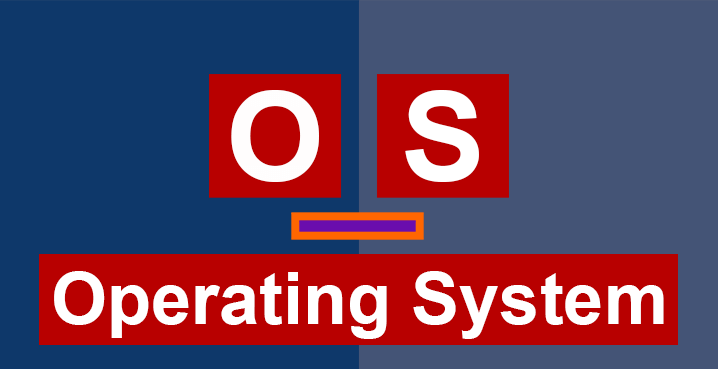Course Learning Outcomes
Upon successful completion of the course, a student will be able to:
1. Know Computer system resources and the role of operating system in resource management with algorithms
2. Understand Operating System Architectural design and its services.
3. Gain knowledge of various types of operating systems including Unix and Android.
4. Understand various process management concepts including scheduling, synchronization, and deadlocks.
5. Have a basic knowledge about multithreading.
6. Comprehend different approaches for memory management.
7. Understand and identify potential threats to operating systems and the security features design to guard against them.
8. Specify objectives of modern operating systems and describe how operating systems have evolved over time.
9. Describe the functions of a contemporary operating system
Contents
UNIT- I
What is Operating System? History and Evolution of OS, Basic OS functions, Resource Abstraction, Types of Operating Systems– Multi programming Systems, Batch Systems, Time Sharing Systems; Operating Systems for Personal Computers, Workstations and Hand-held Devices, Process Control & Real time Systems.
UNIT- II
Processor and User Modes, Kernels, System Calls and System Programs, System View of the Process and Resources, Process Abstraction, Process Hierarchy, Threads, Threading Issues, Thread Libraries; Process Scheduling, Non-Preemptive and Preemptive Scheduling Algorithms.
UNIT III
Process Management: Deadlock, Deadlock Characterization, Necessary and Sufficient Conditions for Deadlock, Deadlock Handling Approaches: Deadlock Prevention, Deadlock Avoidance and Deadlock Detection and Recovery. Concurrent and Dependent Processes, Critical Section, Semaphores, Methods for Interprocess Communication; Process Synchronization, Classical Process Synchronization Problems: Producer-Consumer, Reader-Writer.
UNIT IV
Memory Management: Physical and Virtual Address Space; Memory Allocation Strategies–Fixed and -Variable Partitions, Paging, Segmentation, Virtual Memory.
UNIT V
File and I/O Management, OS security : Directory Structure, File Operations, File Allocation Methods, Device Management, Pipes, Buffer, Shared Memory, Security Policy Mechanism, Protection, Authentication and Internal Access Authorization Introduction to Android Operating System, Android Development Framework, Android Application Architecture, Android Process Management and File System, Small Application Development using Android Development Framework.
Fourth Semester Computer OPERATING SYSTEMS-1 Material Download Click Here
Fourth Semester Computer OPERATING SYSTEMS-2 Material Download
| units | Download Link |
| unit-1 | Click Here |
| unit-2 | Click Here |
| unit-3 | Click Here |
| unit-4 | Click Here |
| unit-5 | Click Here |
OPERATING SYSTEMS QUESTION PAPER 2022 DOWNLOAD CLICK HERE

